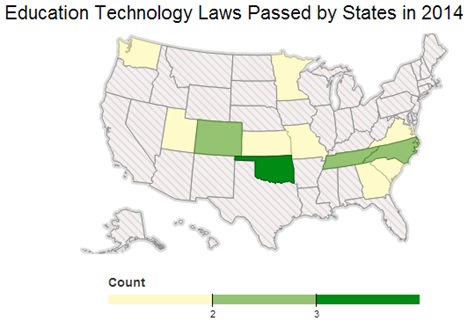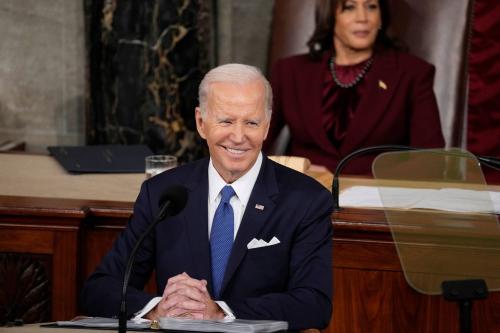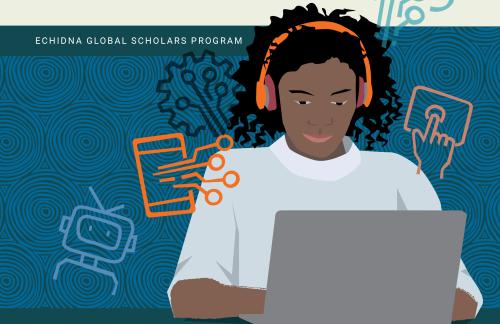Throughout this month statehouses around the country have emptied out as legislators return home for vacation. Given the pause in the legislative calendar this seemed an apt time to take a look at what changes states have made so far this year. Using data from the National Conference of State Legislatures we identified education technology policies that were passed into law in 2014.
Virtual Education is Spreading
12 states passed 17 laws relating to education technology. The clearest trend was the effort by many states to strengthen existing online education programs in both K-12 and higher education. States including Colorado, Missouri, North Carolina, Oklahoma, South Carolina, Tennessee, Washington, and Virginia all put into place different reforms related to distance learning or virtual schools. Some tweaked attendance requirements for brick and mortar schools while others removed caps for attendance of virtual charter schools.
Virginia passed an innovative new virtual education law. H1115 allows the Department of Education to contract with schools that create their own online courses. The state would then make these courses available to other schools through the Virtual Virginia Program. It also established a mechanism where school boards can charge a fee to other schools to defer the costs of creating online courses. This program could encourage schools to have their best teachers work on developing virtual content and then spread it throughout the state.

Source: NCSL
North Carolina passed two reforms relating to education technology. H23 requires the state Board of Education to “develop and implement digital textbooks and learning standards for teachers and school administrators.” Such efforts are critical because deficient training programs are a major barrier to using new technologies in education. A recent national survey found that 46 percent of teachers reported “lacking adequate training on the technology they use”. The state also passed H44, which declares that the state intends to switch from traditional textbooks to digital learning platforms. A statewide shift to digital education would represent a huge effort that could fundamentally change how students learn in North Carolina.
Recently congressional committees have started working on the passage of a few education related bills, none of which address education technology. Despite this progress, it is likely that high levels of gridlock will prevent Congress from making any major progress. In the second half of 2014 states will continue to do most of the legislating on education technology policy and virtual education will likely continue to proliferate throughout the country.



Commentary
State Education Technology Policy Update
August 5, 2014